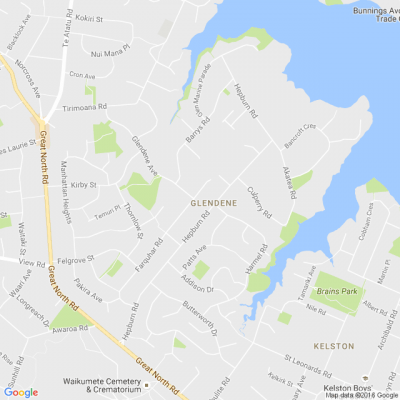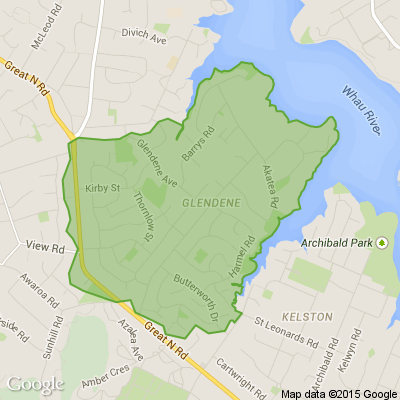Jobless pilots becoming train drivers in Auckland
Hundreds of New Zealand pilots have been laid off since airlines were grounded during the global pandemic - and now a group are looking to the railways for employment. So far, 34 pilots have applied to switch wings for the tracks and become train drivers for the city's rail network.
Transdev operates Auckland's commuter rail service, and employs 200 train drivers in the city. Its managing director, Peter Lensink, said he was pleased to be able to offer employment to pilots, whose skills were ideal for driving trains. "I really feel for the pilots who are in this position and I'm really pleased we have an alternative and hope they will adapt to driving a train on a piece of metal instead of flying free up in the air," he said. "We only hire highly skilled people and airline pilots have got similarities to the skills and competencies required as a train driver."
Lensink said both the airline and rail sectors had a strong safety culture and required specific skills, including concentration. A qualified train driver earns just more than $40 an hour. "While it might be more exciting for some people to see Auckland from the air, I think it's even more exciting to see Auckland up close and unfolding in front of you," Lensink said. Although there is one helicopter pilot among Auckland's train drivers, Lensink said this was the first time pilots were being recruited.
"We've got a great opportunity because we are growing and gearing up here in Auckland for the City Rail Link. That will double the amount of services here in four to five years time. We're therefore able to recruit a large number of train drivers for the future." He said there had been a lot of contact between leaders in the airline and railway sectors, including Air New Zealand. "Once the word is out and people see the link between the roles and opportunities the railways have, I expect to see more [pilots] coming into the recruitment process." Lensink said the pilots would go through "intense" recruitment scrutiny - including having eyesight tests - before training in June. Training will be held at the Wiri depot - a stone's throw from Auckland Airport.
========================================================
What word sums up 2024, neighbours?
If 2020 was the year of lockdowns, banana bread, and WFH (work from home)....
In one word, how would you define 2024?
We're excited to see what you come up with!

⚠️ DOGS DIE IN HOT CARS. If you love them, don't leave them. ⚠️
It's a message we share time and time again, and this year, we're calling on you to help us spread that message further.
Did you know that calls to SPCA about dogs left inside hot cars made up a whopping 11% of all welfare calls last summer? This is a completely preventable issue, and one which is causing hundreds of dogs (often loved pets) to suffer.
Here are some quick facts to share with the dog owners in your life:
👉 The temperature inside a car can heat to over 50°C in less than 15 minutes.
👉 Parking in the shade and cracking windows does little to help on a warm day. Dogs rely on panting to keep cool, which they can't do in a hot car.
👉 This puts dogs at a high risk of heatstroke - a serious condition for dogs, with a mortality rate between 39%-50%.
👉 It is an offence under the Animal Welfare Act to leave a dog in a hot vehicle if they are showing signs of heat stress. You can be fined, and prosecuted.
SPCA has created downloadable resources to help you spread the message even further. Posters, a flyer, and a social media tile can be downloaded from our website here: www.spca.nz...
We encourage you to use these - and ask your local businesses to display the posters if they can. Flyers can be kept in your car and handed out as needed.
This is a community problem, and one we cannot solve alone. Help us to prevent more tragedies this summer by sharing this post.
On behalf of the animals - thank you ❤️









 Loading…
Loading…